At the 2nd SME Steel Summit held in Berlin, the German Steel Federation drew attention to the severe competitive disadvantages faced by medium-sized companies and urged the government to implement swift and effective political measures. Representatives from the Federation, the IG Metall union, and various levels of the steel sector from the federal states of Bavaria, Saxony, Thuringia, and Lower Saxony participated in the summit. The meeting also reviewed the implementation status of the commitments made at the Chancellor’s Steel Summit on 6 November 2025.
German Steel Federation President Gunnar Groebler emphasized that electric arc furnace (EAF) steel plants form the backbone of the circular economy and are key drivers of industrial decarbonization. He warned, “However, internationally uncompetitive electricity costs, strong import pressure, and historically weak demand pose serious risks to investment, production sites, and tens of thousands of jobs. Without clear political solutions, the future of the sector is at risk.”
In Germany, EAF-based steel producers account for around 30% of the country’s steel output and provide direct employment to 32,000 people. To meet climate targets, the sector must invest heavily in new technologies, yet it faces several major challenges: excessive electricity costs and rising grid fees, historically low production volumes, uncertain availability of high-quality steel scrap, and increasing import pressure resulting from global overcapacity.
To address these issues, the German Steel Federation has proposed a comprehensive support package consisting of four key action areas:
1. Ensuring competitive electricity prices
The Federation is calling for an all-inclusive industrial electricity price of EUR 30–60 per MWh, including grid fees, taxes, and surcharges. It views the planned reduction of transmission grid fees next year as a long-overdue but crucial step and demands that these reductions be secured for subsequent years as well. The Federation also highlights the government’s intention to further develop CO₂ electricity price compensation and stresses that the European Commission should support the enhancement of this instrument. For EAF steel producers—highly energy-intensive companies—the state-aid framework must be revised so that industrial electricity prices apply to all electricity consumption and fully integrate CO₂ compensation.
2. Fair trade and effective carbon border regulation
The German government should actively advocate for a new trade policy tool for the steel sector at the European Commission and close loopholes in the Carbon Border Adjustment Mechanism (CBAM). This would protect steel-intensive products, prevent circumvention strategies, and ensure fair CBAM criteria. The Federation argues that free allocation for steel should continue until these gaps are closed and urges policymakers to act quickly to safeguard the sector’s international competitiveness.
3. Long-term availability of high-quality steel scrap
Ensuring a stable supply of high-quality scrap—critical for steel production—requires tighter monitoring of European scrap flows and consistent enforcement of existing EU regulations. The End-of-Life Vehicles Directive must also be revised, and steel scrap should be recognized as a strategic secondary raw material. These steps are essential for secure, sustainable raw material sourcing and predictable production costs.
4. Strengthening domestic production and creating lead markets for green steel
Preferences and sustainability criteria in the EU’s climate-friendly steel procurement legislation will help create lead markets that support industrial resilience and technological sovereignty. The Federation notes that this strategy is vital not only economically but also for technological independence and innovation.
EAF-based steelmaking prevents roughly 10 million tons of CO₂ emissions per year and enables the recycling of more than 10 million tons of steel scrap. It is the lowest-emission route for producing crude steel. EAF facilities in Germany operate across the federal states of Baden-Württemberg, Bavaria, Brandenburg, Hamburg, Hesse, Lower Saxony, North Rhine-Westphalia, Saarland, Saxony, and Thuringia.


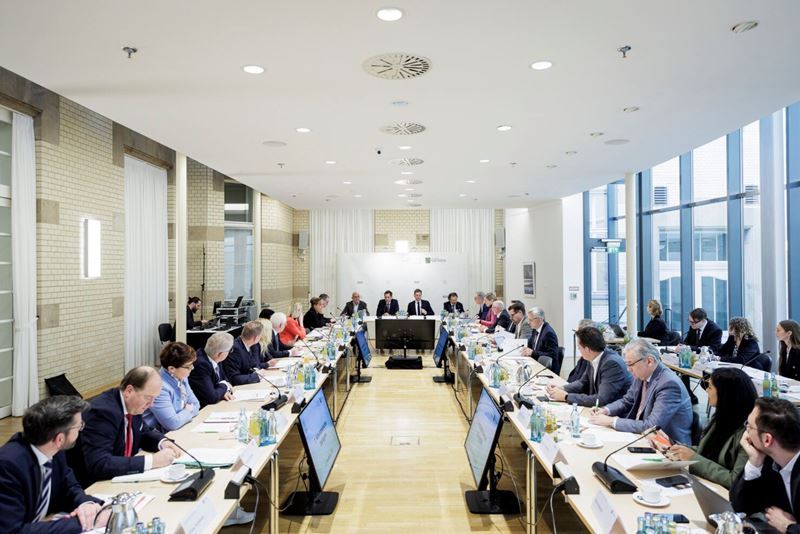
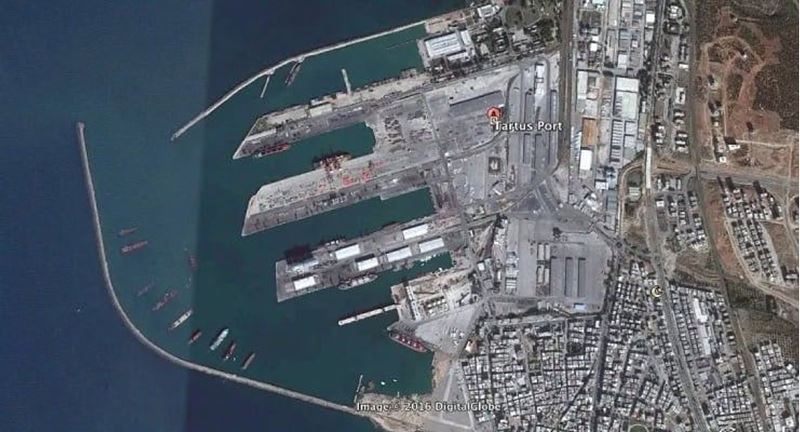
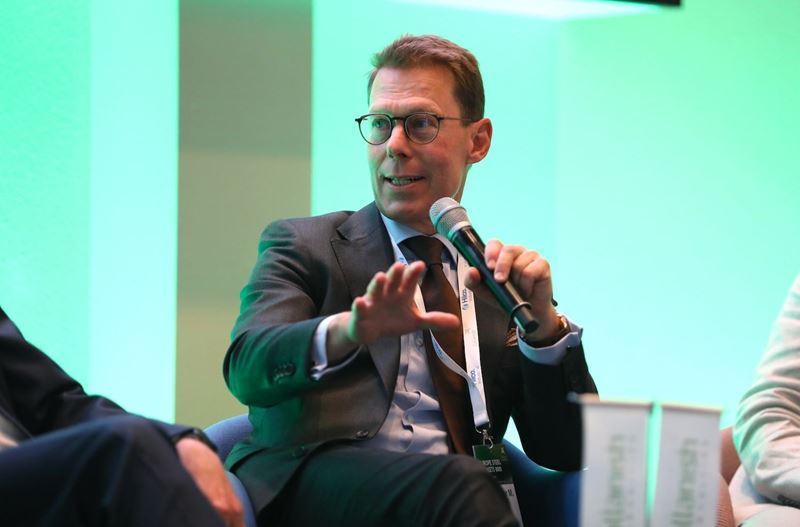
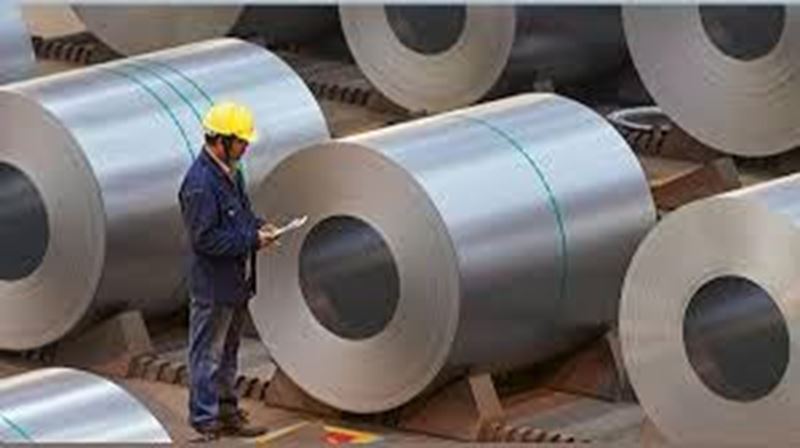
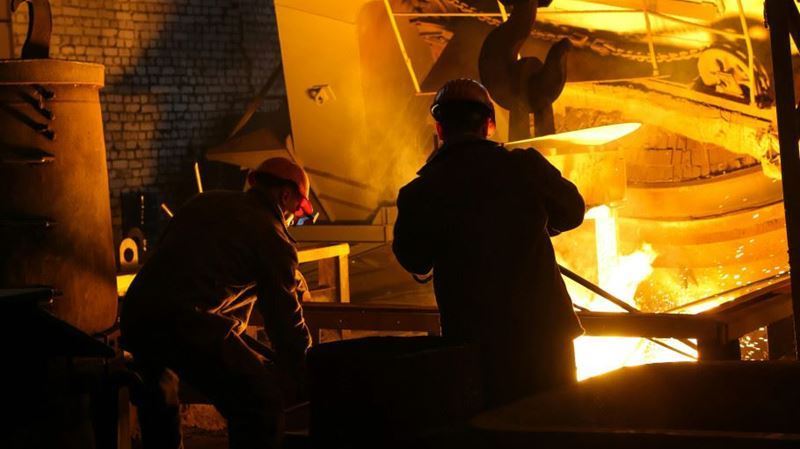



Comments
No comment yet.